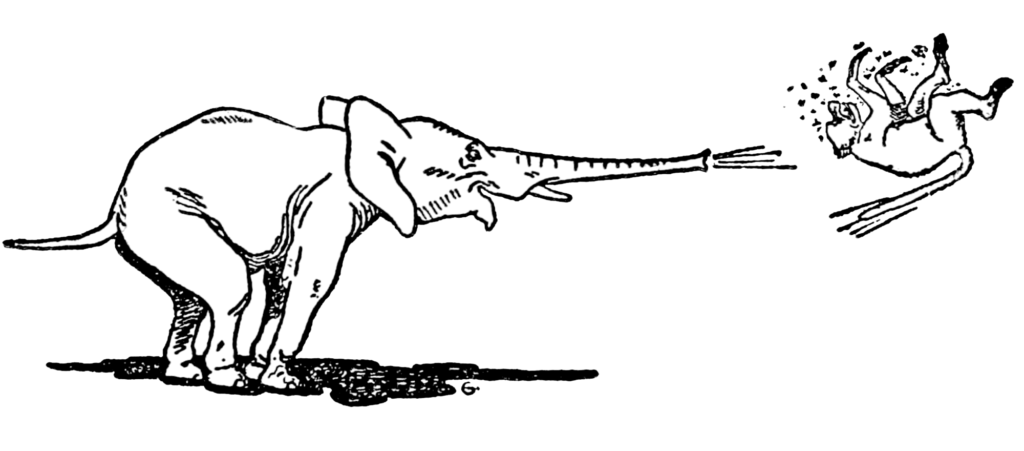Organizational culture as lazy sensemaking

Laura A. McNamara describes what ethnographers can do about the cultural equivalent of the fundamental attribution error, also known as correspondence bias.
“It’s a common category error (at least among the Western psych undergrads who volunteer for experimental lab credits) that describes our tendency to attribute undesirable outcomes to individual traits, without attending to the role of situational factors in shaping behavior and decision-making. Victim-blaming is an obvious example of attribution error.
McNamara thinks there’s a similar kind of category error in organizational discourse, something along the lines of a cultural attribution error.
” As ethnographers and anthropologists, we should be prepared to explain that “culture,†when understood as a set of internal states or traits within a population, is neither explanation nor answer for organizational problems. Moreover, there is no such thing as a specialized “culture consultant†who holds a magic key to changing the internal beliefs, understandings, and attitudes of a population.
I am trying in my own organization to challenge the idea of “culture†as a holding place for a) stuff managers haven’t yet worked to understand and b) are likely to associate with the attitudes, beliefs, values, etc. of their workforce. Instead of culture, I am trying to articulate concrete constructs and practical methods that can help my colleagues get a working handle on context—which can include everything from the physical environment to organizational timekeeping policies—and its relationship to individual and collective behavior.
Note her final paragraph!: “Ethnographic practice offers the richest set of constructs and tools for understanding context: through collaborative, participatory engagement, we bring empathetic-but-detached perspectives on organizational behavior, leading to practical design outcomes that can humanize the workplace for everyone.”



